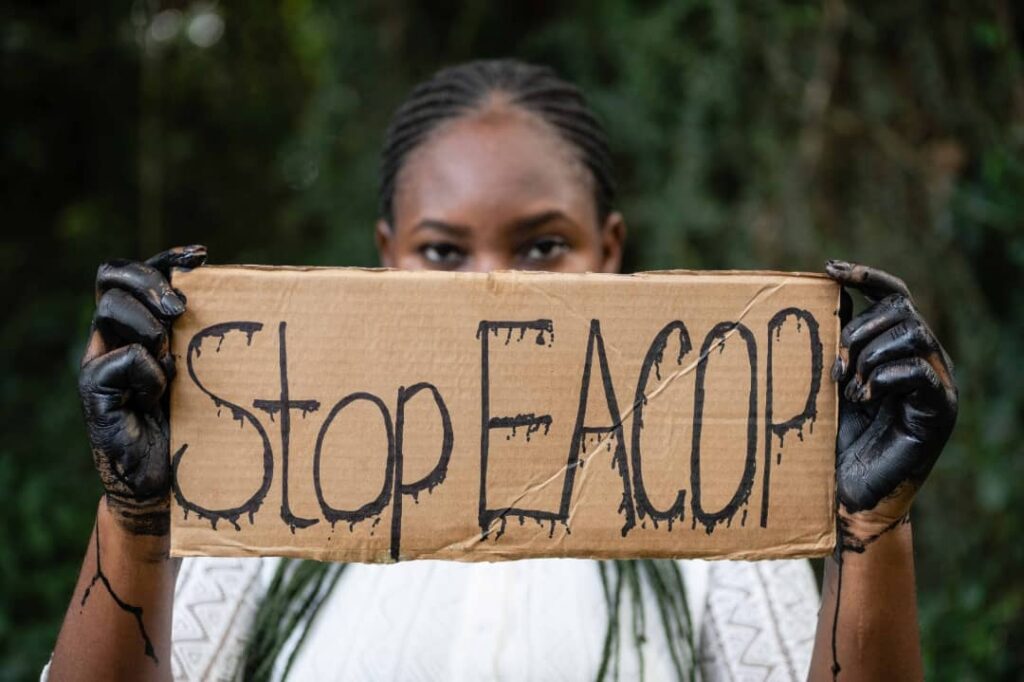It is clear we need to stop burning fossil-fuels and switch to renewables, change from a wasteful, throw-away society to a pollution minimizing one, from a linear to a circular economy and from an extremely unequal world to a very much more equal one.
On this blog I have frequently talked with great enthusiasm about various renewable energy projects and technologies. They are very useful, but only if we can also rein-in total energy demand. Today Ember have just issued a damming report that shows global carbon emissions rising during the first half of 2021 despite a healthy increase in renewable energy generation. In the UK and globally the response to the pandemic has often used the slogan ‘Build Back Better’, but the reality is that we’ve been building back with the same or worse energy wasting projects, so although generation from renewables has increased, so too has electricity generation from coal. The main increase has been in China, and many politicians are keen to blame the Chinese, but this increase in emissions has been fuelled by the west’s insatiable demands for ever more Chinese made goods.
For decades we’ve been encouraged to recycle stuff and to make minor lifestyle changes that often only result in annual carbon reductions of a few grams, and those of us who care about such things have made efforts to live as ethically as we can. However it is all pretty pointless if the emissions of those millions of high emitters who simply do not care can carry on emitting. The American economic anthropologists Richard Wilk and Beatriz Barros have calculated the personal carbon emissions of many billionaires and found they each emitted over 1,000 tonnes, and some, such as Roman Abramovich emitted a staggering 33,859 tonnes. A report from Oxfam stated that the carbon emissions of the richest 1% are more than double of the emissions of the poorest half of humanity. To reduce emissions to avert climatic catastrophe we need everybody, every country and every industry to reduce emissions rapidly, and obviously the most important place to start is with the biggest emitters. That implies curtailing some industries from air travel to advertising, and limiting the rights and privileges of the most wealthy and wasteful people.
This week Extinction Rebellion are protesting again on the streets of London and many other cities. I support their actions and am with them in spirit, but not in person. Those who are on the streets protesting represent the many millions of people who cannot be with them, but support them in spirit.
Worldwide people are demanding system change in order to avert climate catastrophe. The Millichap Peace Fund have invited me to give a talk which will go out live via Zoom on 22nd September and be available online thereafter. I shall be asking the question ‘Is a better future possible?’ Given the scale of the many interrelated crises we face to even ask such a question can seem a travesty. In the talk I shall try and convey my vision of what system change might look like and how we might achieve it. This talk is a brief synopsis of a book I hope to have published by spring 2022. I’ll post more details about the talk and how to register to get the Zoom link nearer the time. There will be an opportunity to ask questions. More details on the talks and classes page.


